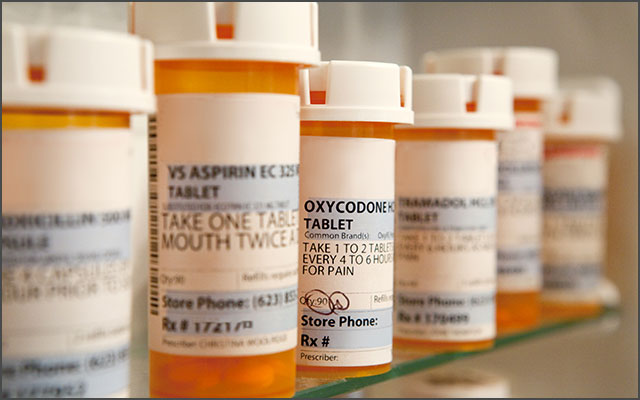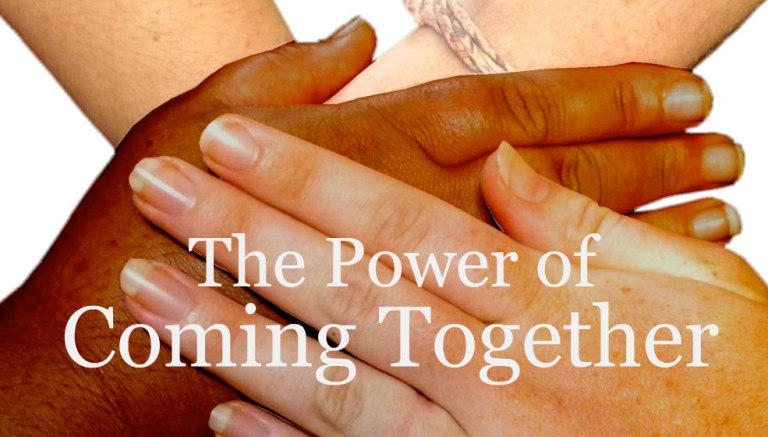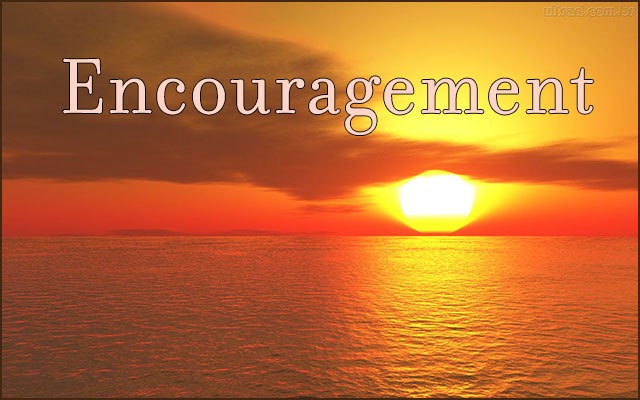Don’t Let Pain Derail You!

Your chronic pain problem may have knocked you off course. Your personal, family, work, health, and social goals may have been derailed. You may feel as though you are simply stuck, unable to go forward and incapable of going back to your old life. Sometimes it may feel like living with pain takes all of your energy and motivation. You may feel depressed and hopeless. But, it is possible to find a new path and get back on track. Your direction may be changed and your pace may be slower. Even if you have severe pain, you can still move forward in life. Having and pursuing goals will help you to cope with your pain and reduce feelings of fear and depression.
Planning is the key. To help you get started, I have listed some areas in which people often have goals. Look at each area and think about what you want to start working on.
- Social activities
- Work
- Relationship with spouse/significant other
- Sex
- Parenting
- Family activities
- Intimacy
- Exercise
- Hobbies
- Spirituality
- Leisure
- Reading/Learning/Personal growth
- Appearance
- Volunteer work
- Eating habits/nutrition
- Relaxation
Start small and be specific. People often feel frustrated and let down when they set vague or general goals. For example, you will feel more satisfied and be more likely to succeed if your goal is to “to schedule at least one day-time social activity and one week-end social activity per week so that I will feel more connected to people; I will begin by scheduling easy, brief activities of no longer than 30 minutes” than if you just tell yourself “I am going to start spending more time with people.”
What are the tasks that are part of working on your goal?
Do you have to buy a book, get some advice, buy some shoes, invite a friend? Take time now to list out as many of the details that you can think of that are part of working on your goal. Show your list to a friend or relative and ask for their input.
Use your calendar. A plan requires who, what, when, for how long, and where.Put all of the activities, tasks, and details on your calendar. If you use an electronic calendar, send yourself a reminder the day before and the day of your activity.
Monitor your progress. Check in with yourself and your calendar at the end of each day. Did you complete your tasks? If so, what helped you to do so? Write it down. If not, what got in the way? Write that down too. Use your progress notes to help you to identify what helps you to pursue your goal and what interferes. If you are a member of the Chronic Pain Management Program, schedule your tasks, send reminders, and track your progress on the Navigator.
Don’t give up. If you are out of practice when it comes to selecting and working on goals, that’s okay. You can begin again and even find new paths to follow. Pain doesn’t have to take away your ability to pursue goals. And remember that a goal doesn’t have to be grand in order to be meaningful. You can take pleasure and pride in working towards small, manageable goals. They matter and they make a difference.
About the Author. Dr. Linda Ruehlman is a social/health psychologist and researcher, co-founder of Goalistics, and director of the Chronic Pain Management Program, an interactive site that helps people with chronic pain to manage their pain and live richer, more effective lives as well as Think Clearly about Depression, a self-management program for depression.
DISCLAIMER: This blog is provided as an educational and informational resource only. It is not intended nor implied to be a substitute for professional psychological or medical advice.
Carol Harper
View All By Carol






